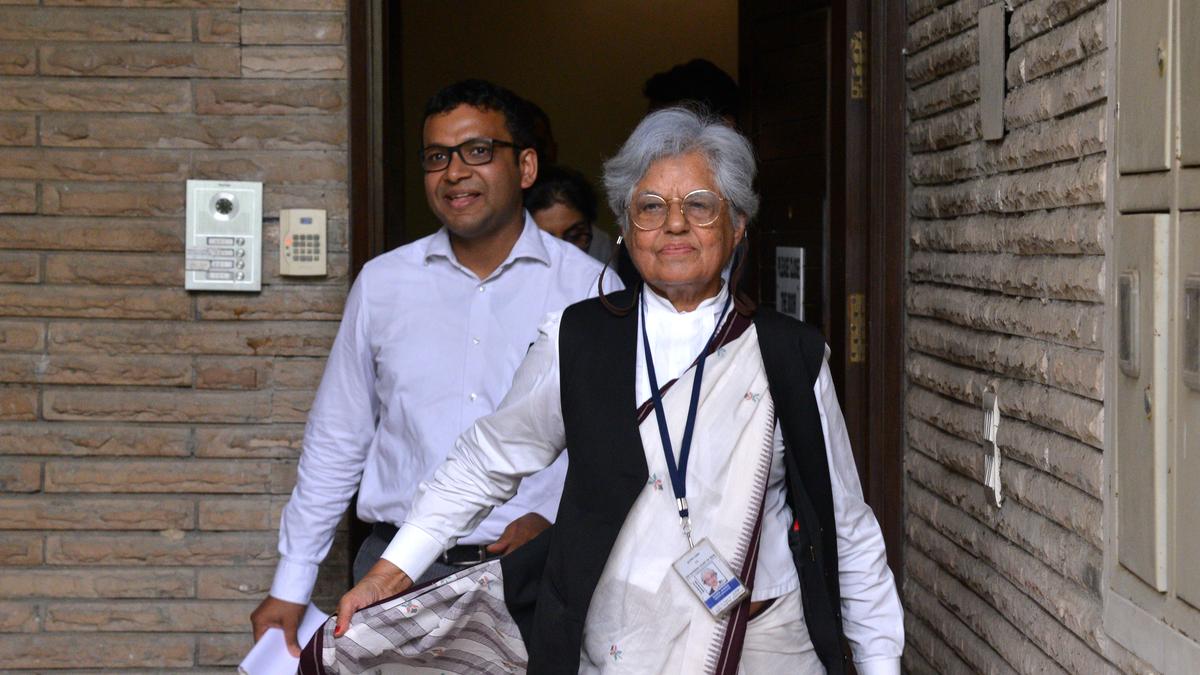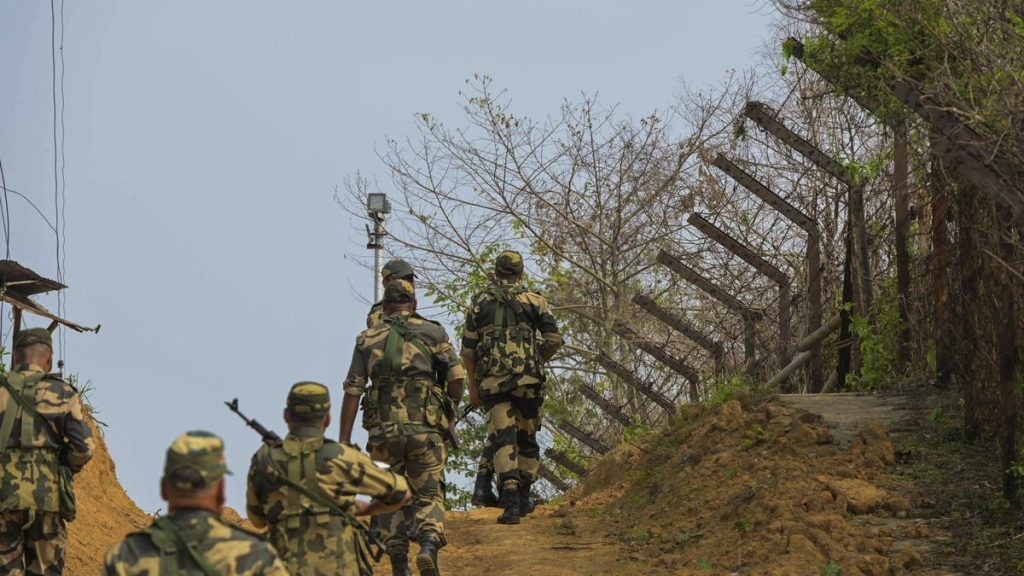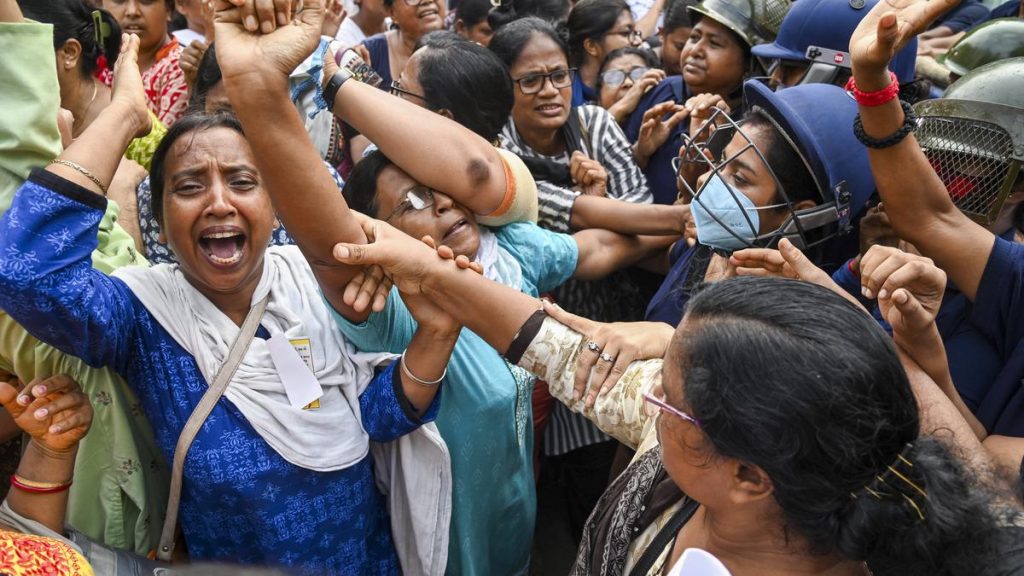Now Reading: Supreme Court Urged to Lower Age of Consent from 18 to 16
-
01
Supreme Court Urged to Lower Age of Consent from 18 to 16
Supreme Court Urged to Lower Age of Consent from 18 to 16

Fast Summary
- Senior Advocate Indira Jaising has requested the Supreme Court to lower the statutory age of consent from 18 to 16 years.
- Ms. Jaising, serving as amicus curiae in the “Nipun Saxena v. Union of India” case, challenged current laws criminalizing consensual sexual activity among adolescents aged 16 to 18 under POCSO (2012) and Section 375 of IPC.
- She argued these laws violate constitutional rights, equating consensual adolescent relationships with exploitation while ignoring autonomy and maturity.
- The statutory age of consent was raised from 16 to 18 by the Criminal law Amendment Act (2013) without public debate, contradicting Justice Verma Committee recommendations.
- Ms. Jaising presented scientific data indicating earlier puberty onset and cited a sharp rise (+180%) in prosecutions under POCSO targeting minors aged 16-18 between 2017-2021, often driven by parental complaints in inter-caste/inter-faith cases against girls’ wishes.
- She proposed a “close-in-age” exception for consensual sexual acts between adolescents aged 16-18, arguing criminalization drives couples into secrecy while deterring open dialogue or education.
- International jurisprudence such as U.K.’s Gillick ruling and India’s privacy-focused puttaswamy judgment were cited in support of adolescents’ decision-making autonomy over informed sexual choices.
- Several high courts in India have recently expressed concerns over automatic prosecution under POCSO when minors are involved in consensual relationships.
- Ms. Jaising also urged reviewing mandatory reporting obligations under Section 19 of POCSO that discourage safe medical interventions for minors.
Indian Opinion Analysis
The push to reconsider India’s age-of-consent laws highlights evolving societal norms toward adolescent sexuality amid legal challenges balancing protection and personal freedom. While advocates argue for aligning legal thresholds with modern data on maturity and autonomy-seen internationally-the issue intersects sensitive factors like parental authority, caste dynamics, and faith-based perceptions that could affect implementation on-ground significantly.
India’s protections under POCSO aim at curbing abuse but face criticism when universally applied without nuance-potentially stigmatizing or penalizing youth exploring informed choices within natural developmental stages since strict criminalization prioritizes deterrence at human costs including judiciary burden-as seen through steep rises reported here.
Momentum across courts rejecting blanket enforcement indicates reformative shifts underway; however progress challenging entrenched conservativism surrounding child/adolescent topics nationwide must tread carefully respecting multilayered impacts affecting marginalized sectors when addressing empowered youth perspectives contextually into wider lawmaking frameworks mandatorily safeguarding abuse-prone situations inclusively/reliably enforced responsibly ensuring strengthened vulnerable care first-validationally anchored freedoms lastly incrementally matured evolved models .























